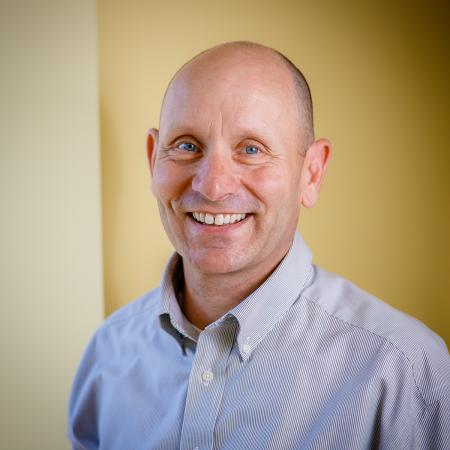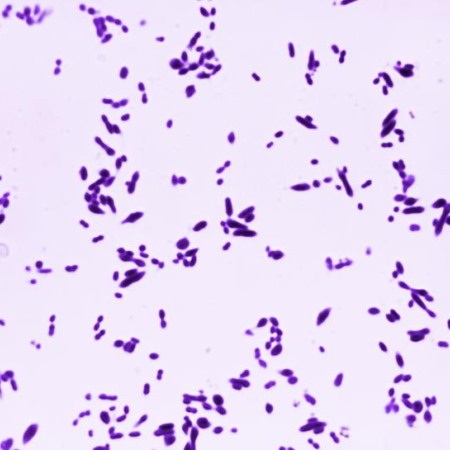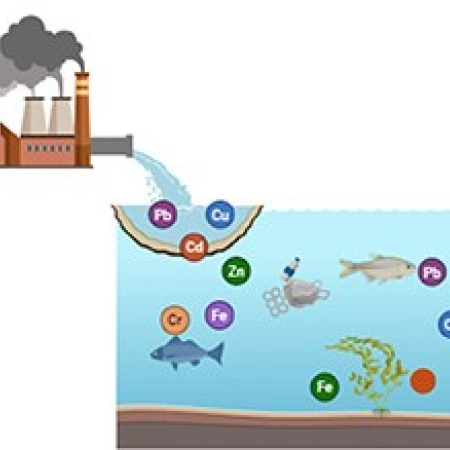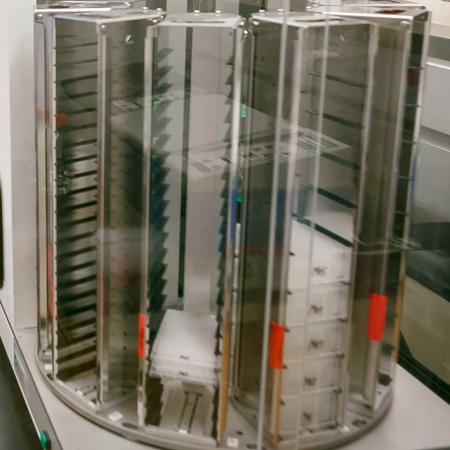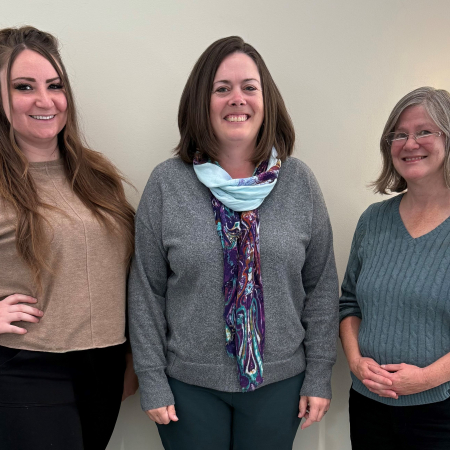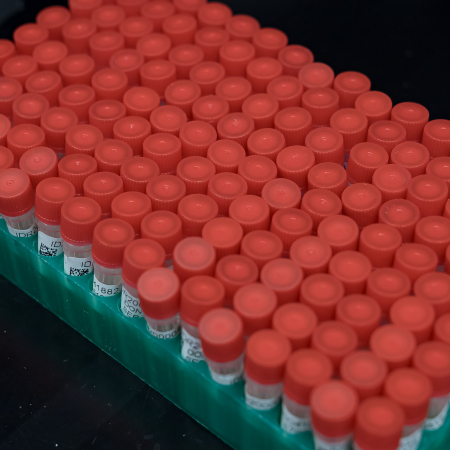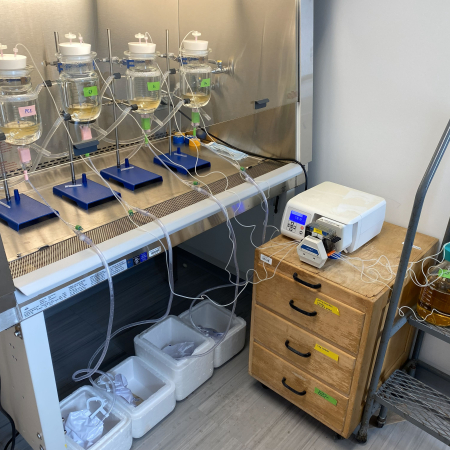Wadsworth Center Scientist Participates in National APHL Newborn Screening Committee Meeting
On December 3–4, 2025, Dr. Joseph Orsini, PhD, of the Wadsworth Center, participated in the Association of Public Health Laboratories’ (APHL) annual Newborn Screening (NBS) Face-to-Face Committee Meeting in Bethesda, Maryland. Dr. Orsini serves as Co-Chair of the national NBS Committee, which provides guidance, develops best practices, and addresses emerging challenges to ensure high-quality newborn screening programs across the United States.
READ MORE about Wadsworth Center Scientist Participates in National APHL Newborn Screening Committee Meeting 